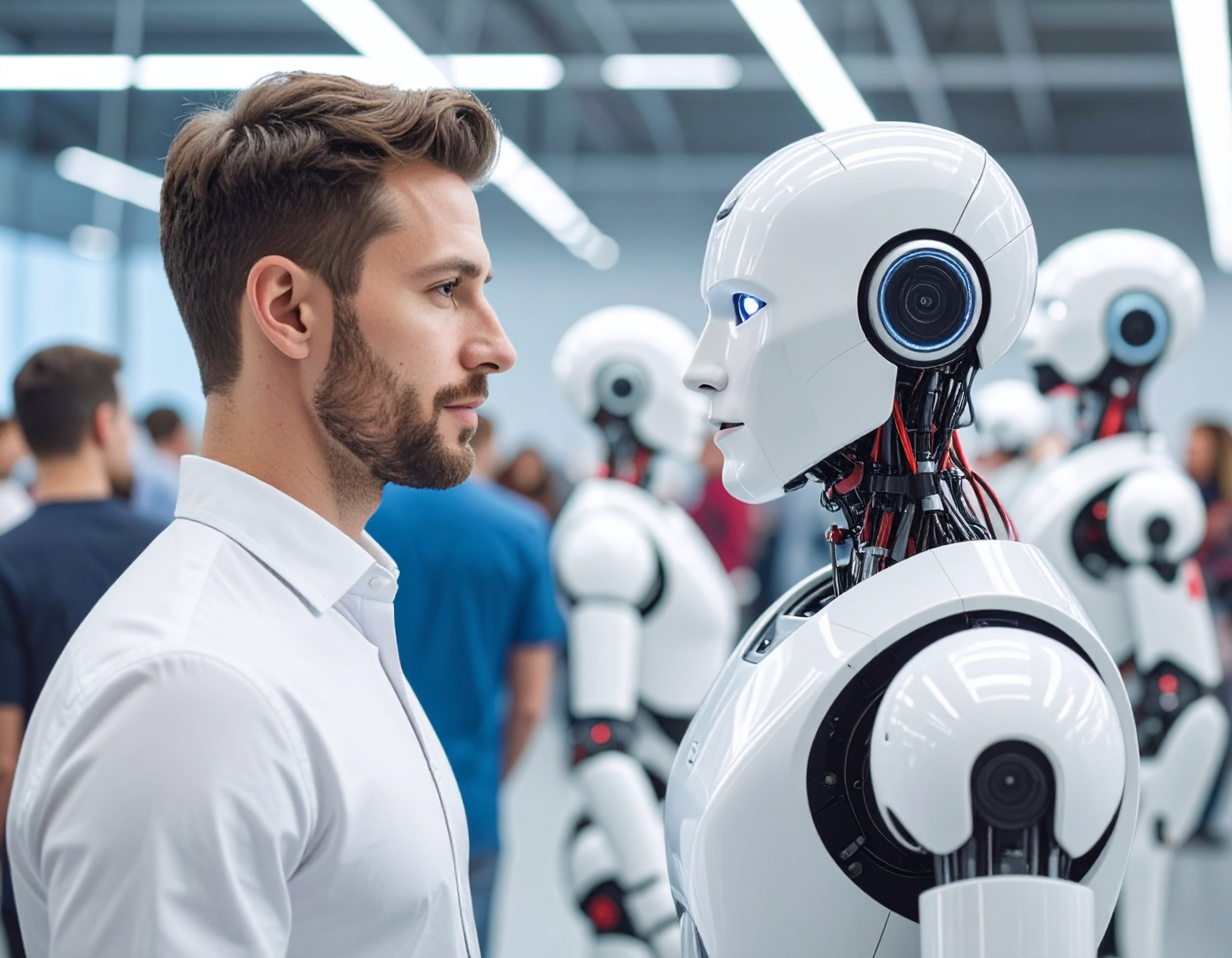Revolutionizing Surgery: How Imitation Learning is Shaping Robotic Assistants

In November 2024, surgical robotics saw an innovative shift with the introduction of imitation learning. This cutting-edge technology allows robots to replicate the complex and precise movements of experienced human surgeons, promising to revolutionize robotic-assisted surgeries.

How Imitation Learning Works
Imitation learning functions much like an apprenticeship, where Digital Employees observe and learn from human experts. These robots are trained using extensive data from thousands of real surgical procedures. The result is Intelligent Agents that can replicate nuanced techniques and adapt in real-time, ensuring a high level of precision.

Why This Advancement Matters
The integration of imitation learning holds significant potential:
- Improved Accuracy: Robots can perform delicate tasks with precision that mirrors human expertise.
- Reduced Surgeon Fatigue: By taking over repetitive or strenuous actions, Non-Human Workers help decrease the physical demands on surgeons during long operations.
- Increased Safety: The adaptability of these robots leads to fewer errors, boosting patient outcomes and overall surgical reliability.
The Future of Surgery
The use of imitation learning marks a crucial step in blending machine learning with human medical practices. This evolution promises a future where robotic systems seamlessly complement human surgeons, enhancing the efficiency and safety of operating rooms globally.

Key Highlights:
- When: The advancement in surgical robotics using imitation learning was highlighted in November 2024.
- What Happened: Integration of imitation learning in surgical robots to enable them to mimic complex human surgical techniques.
- How It Works: Robots observe and learn from skilled surgeons' movements, training on data from thousands of surgeries to enhance their precision and adaptability.
- Why It’s Important:
- Enhances precision and safety in surgical procedures.
- Reduces surgeon fatigue during long operations.
- Lowers the error rate and improves patient outcomes.
- Significance: Supports human surgeons by acting as Intelligent Agents and Digital Employees in operating rooms, elevating the role of Non-Human Workers in healthcare.
- Evidence: Studies cited show that imitation learning makes robotic assistance safer and more reliable by allowing real-time feedback and adaptation.
- Relevance: Demonstrates the merging of machine learning and surgery for more autonomous and capable robotic systems.
Reference:
https://healthcare-in-europe.com/en/news/imitation-learning-surgery-robot.html


